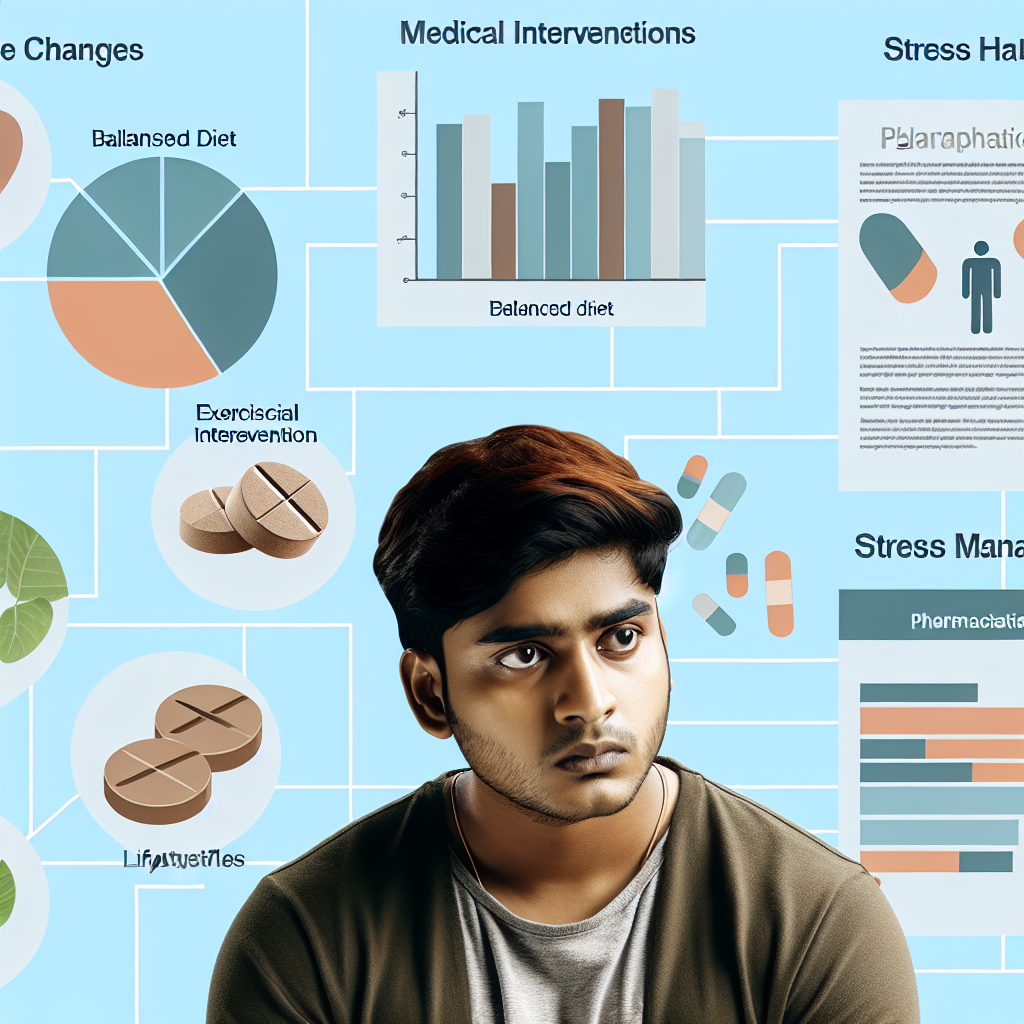Prostate Cancer Prevention: An Evidence-Based Guide
Introduction
Prostate cancer is one of the most common cancers affecting men, particularly in the United States. According to the American Cancer Society, about one in eight men in the U.S. will be diagnosed with prostate cancer during their lifetime. It primarily affects older men, with the average age of diagnosis being around 66 years, but the importance of prevention spans across all age groups, from teens to men in their 90s. Education about risk factors, lifestyle modifications, and regular screenings can serve as powerful tools in reducing the likelihood of developing this disease.
The Power of Diet: Building Blocks for Prostate Cancer Prevention
Numerous studies underscore the role of diet and nutrition in preventing prostate cancer. Research highlights the benefits of a plant-based diet rich in fruits, vegetables, whole grains, nuts, and seeds. Lycopene, a powerful antioxidant found in tomatoes and watermelon, has been shown to reduce oxidative stress in prostate cells, potentially minimizing cancer risk. Additionally, cruciferous vegetables like broccoli, kale, and cauliflower contain sulforaphane, a compound that boasts anti-cancer properties.
Move to Prevent: The Crucial Role of Exercise
Physical activity is another factor with considerable research backing. A meta-analysis confirmed that men who engage in regular cardiovascular and resistance training exercises are less likely to develop aggressive forms of prostate cancer. Exercise helps by reducing inflammation, improving blood circulation, and regulating hormonal levels, all of which contribute to prostate health.
Maintaining a Healthy Weight: Why Obesity Is a Risk Factor
Obesity is a recognized risk factor for prostate cancer progression. Maintaining a healthy weight through a balanced diet and consistent physical activity can not only lower this risk but also improve overall quality of life.
Family History Matters: Early Detection Could Save Your Life
If you have a family history of prostate cancer, especially in a father, brother, or uncle, your risk increases significantly. For men with a familial predisposition, regular screening becomes even more critical.
Lifestyle Choices: Small Changes with Big Impacts
Lifestyle choices significantly influence prostate cancer risk. Smoking, for instance, has been linked to aggressive forms of prostate cancer. Similarly, limiting alcohol intake and avoiding exposure to environmental toxins can make a real difference in prevention.
Supplements: Helpful or Harmful?
While obtaining nutrients through whole foods is ideal, some men turn to supplements to fill dietary gaps. Experts caution against over-reliance on supplements without professional guidance, as high doses of some supplements can be linked to an increased risk of prostate cancer.
Conclusion: Taking Control of Your Prostate Health
Prostate cancer prevention is not just about reducing risk—it’s about embracing a proactive, balanced, and informed approach to your overall health. Adopting evidence-based strategies can have a profound impact on your prostate health.
Summary:
This comprehensive guide provides evidence-based strategies to minimize the risk of developing prostate cancer. It emphasizes the importance of maintaining a healthy diet, regular exercise, weight management, and early detection through screenings, especially for men with a family history of the disease. The article also discusses the role of lifestyle choices, environmental factors, and the potential risks and benefits of supplements in prostate cancer prevention.
References:
1. American Cancer Society
2. Nutrients Journal
3. Journal of Clinical Oncology
4. Medicine & Science in Sports & Exercise
5. Harvard T.H. Chan School of Public Health
6. National Cancer Institute
7. Cancer Epidemiology, Biomarkers & Prevention
8. Selenium and Vitamin E Cancer Prevention Trial (SELECT)

Dominic E. is a passionate filmmaker navigating the exciting intersection of art and science. By day, he delves into the complexities of the human body as a full-time medical writer, meticulously translating intricate medical concepts into accessible and engaging narratives. By night, he explores the boundless realm of cinematic storytelling, crafting narratives that evoke emotion and challenge perspectives. Film Student and Full-time Medical Writer for ContentVendor.com



